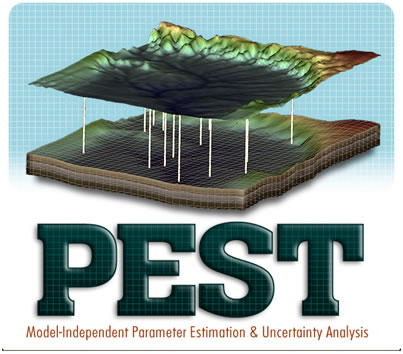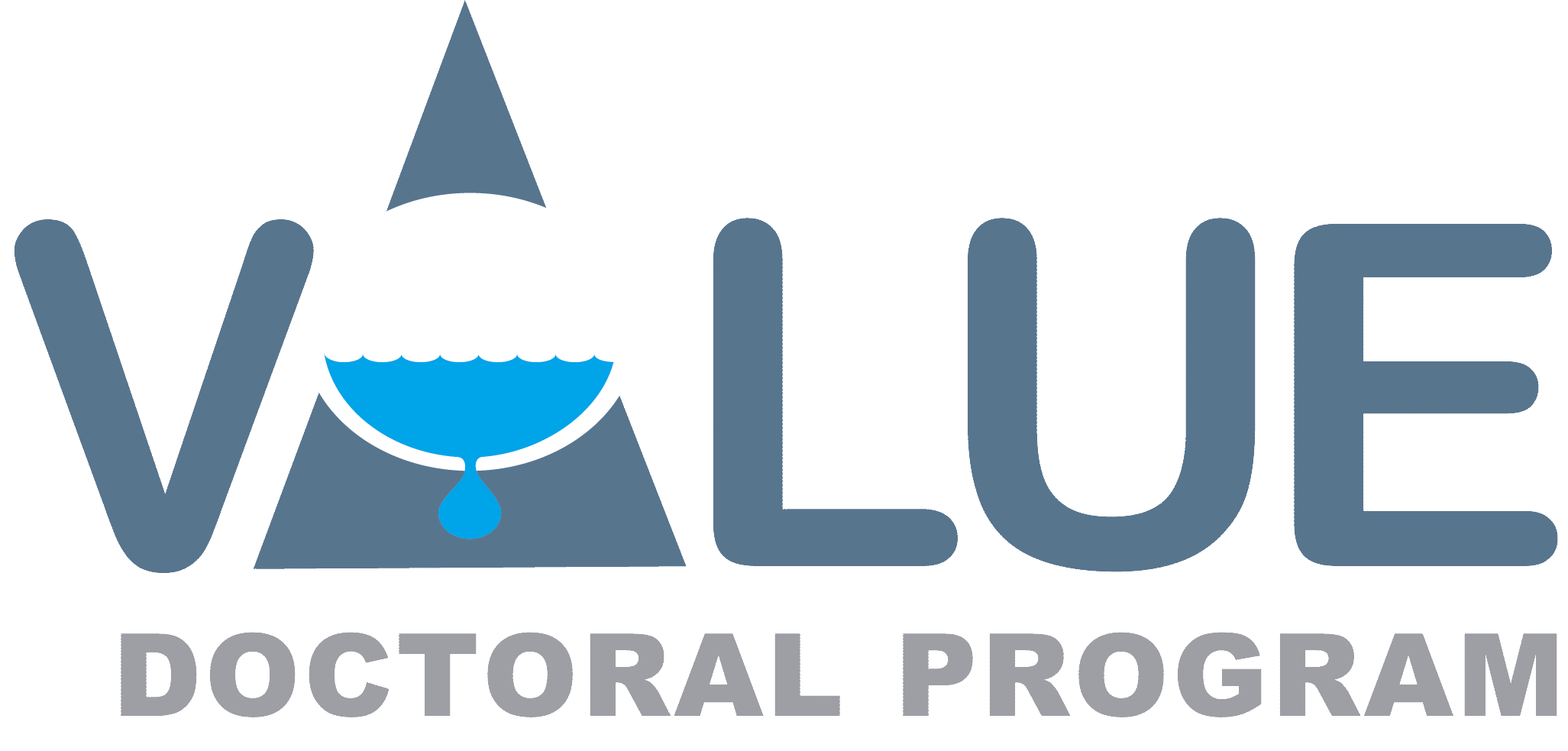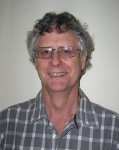24.1.2012
VALUE Course 2012

Short PhD Course
Model Calibration and Predictive Uncertainty Analysis
using PEST
University of Oulu, Linnanmaa Campus, Lecture Room IT138
Oulu, Finland
16.8-21.8, 2012
| Responsible teacher: | Dr. John Doherty |
|---|---|
| Teaching methods: | Excursion, Contact learning |
| Work load: | Estimated totals up to 5 ECTS |
Look at the daily program of the course. Register by June 30, 2012. Registration information at the end of this page.
This intensive short course will instruct participants on the automated calibration of environmental models, and on the analysis of the predictive uncertainty associated with such models. The instructor, Dr. John Doherty is the developer of PEST (http://www.pesthomepage.org), the industry standard for model-independent, automated calibration and predictive uncertainty analysis of environmental models. The course is being organized by the Water Resources and Environmental Engineering Laboratory of the University of Oulu in cooperation with Value Doctoral School and RYM-TO Doctoral program, and it is arranged in connection with the Nordic Hydrological Conference 2012.
Learning objectives: While the course will include a thorough coverage of the theory and applications of nonlinear parameter estimation techniques in the calibration of different types of models, there will also be a strong practical aspect of the course. Participants will gain hands-on experience in the use of PEST, including its advanced regularization and predictive analysis functionality in the calibration of groundwater flow and transport models, surface water quality and quantity models, as well as other types of models.
Included topics:
- theory of nonlinear parameter estimation;
- application of nonlinear parameter estimation to model calibration;
- “nuts and bolts” of using PEST;
- the need for regularization;
- parameter identifiability
- Tikhonov and subspace regularization;
- “SVD-Assist” as a mechanism for model calibration;
- pilot points as a spatial parameterization device;
- linear model predictive uncertainty analysis;
- nonlinear model predictive uncertainty analysis;
- null-space Monte Carlo as a mechanism for exploring predictive uncertainty;
- optimization of data acquisition to reduce uncertainty;
- so called “global optimization”;
- use of PEST in groundwater model calibration;
- use of PEST in surface water model calibration
In the practical sessions, participants will gain hands-on experience in using PEST with a number of different models, including MODFLOW, MT3DMS, SEAWAT, SWIM (a Richard-equation-based, unsaturated zone, water-movement model), 3PG (a forest production model) and HSPF (a much-used USEPA/USGS model for simulation of non-urban, non-point pollution of surface water systems). Participants will also be introduced to a suite of utility programs that automate PEST set-up for these (and similar) models and that expedite implementation of model predictive uncertainty analysis.
Who should attend?
Those across the whole spectrum of modeling experience will benefit from this course. There are many insights to be gained into the use of models, and what can be expected of models, from an understanding of the role that parameterization plays in providing integrity to model predictions, and in analyzing the extent to which those predictions may be in error. Hence managers, those who use models as a basis for environmental policy formation, as well as seasoned modelers, will all benefit from this course.
Offered material
Participants will receive a CD containing :. the latest version of PEST, the latest version of all PEST support utilities (over 200 programs), copies of files and documentation for over 10 PEST workshops, and literature (mainly published papers) on the use of PEST.
|
About the instructor Dr. John Doherty is the developer of PEST. John has worked for over 35 years in the water industry, first as a groundwater exploration geophysicist, then as a modeler. He has worked in the public, private and education sectors. He now directs his own company, Watermark Numerical Computing, which undertakes software development and advanced modeling for mining, environmental, agricultural, water supply and remediation applications. He also works as a senior research scientist for the National Centre for Groundwater Research and Training, Flinders University, Australia where he supervises a number of post-graduate students who are pursuing research into issues related to model parameterization and predictive uncertainty analysis. John has had over fifteen years’ experience in presenting short courses all over the world. Course material is presented clearly and descriptively with many practical examples and illustrations. He attempts to create a learning environment that is both educational and enjoyable. |
Costs of participation
The course will begin with the conference excursion to Rokua esker (fee 85 €). Otherwise the course is free of charge.
See the draft daily program here
Registration
Register for the course by sending an e-mail to the coordinator (riitta.kamula at oulu.fi). The number of participants is limited, the forst registered will be accepted.More information:
Instructional coordinator Riitta Kamula, Tel. +358 40 524 6013, riitta.kamula at oulu.fi

